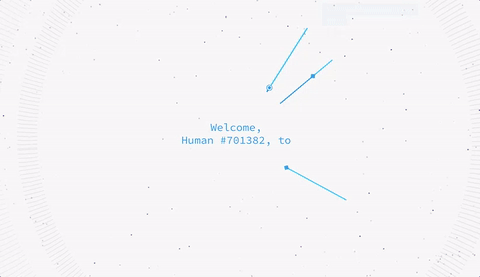How important is the internet to your day-to-day life?
For starters, you’re definitely reading this on a screen and using the internet to access it. That means you probably use the internet to access most of your news, as well as to check your email, check the weather, get directions, look up anything you might want to know over the course of an average day, and communicate with your friends and colleagues.
In the vast majority of the developed world, the internet has become a resource we rely on for pretty much everything; it makes multiple aspects of our lives easier, faster, and cheaper.








